Noise is unwanted, annoying and / or physiologically damaging sound. Prolonged exposure to noise
levels at or above the 85 dBA noise rating limit may cause permanent noise induced hearing loss.
Noise may also interfere with speech communication, cause annoyance and reduce the productivity
of employees, which may result in fatigue and numerous other physiological and behavioral effects.
Exposure to noise in the workplace is governed by the Noise Induced Hearing Loss Regulations
(NIHL), OHSAct (85 of 1993), and employers are required to ensure the following:
- Employees should not be allowed to enter a workplace where the noise level is at or above the 85 dBA noise rating limit.
- Where the above is not reasonably practicable, noise exposure of employees should be adequately controlled through the implementation of noise control measures, including engineering control measures, administrative control measures and / or use of hearing protective equipment.
In terms of the requirements of the said regulations, employers must:
- Conduct a noise risk assessment every two years.
- Carry out a noise survey by an Approved Noise Inspection Authority every two years.
- Zone areas as a noise zone where the noise level is at or above the 85 dBA noise rating limit.
- Implement hearing conservation measures in noise zones.
- Provide medical surveillance for exposed employees.
AirCHECK is an Approved Noise Inspection Authority that conducts noise surveys for hearing conservation purposes to ensure that your business complies with statutory requirements. We provide you with accurate results, area noise plans that indicate the borders of the noise zone, as well as appropriate control measures that are both, practical and cost-effective, that you can implement to eliminate, reduce and / or control the noise exposure risk presented to employees. AirCHECK offers the following noise surveys:
- Rating of noise for hearing conservation purposes.
- Personal noise dosimetry.


